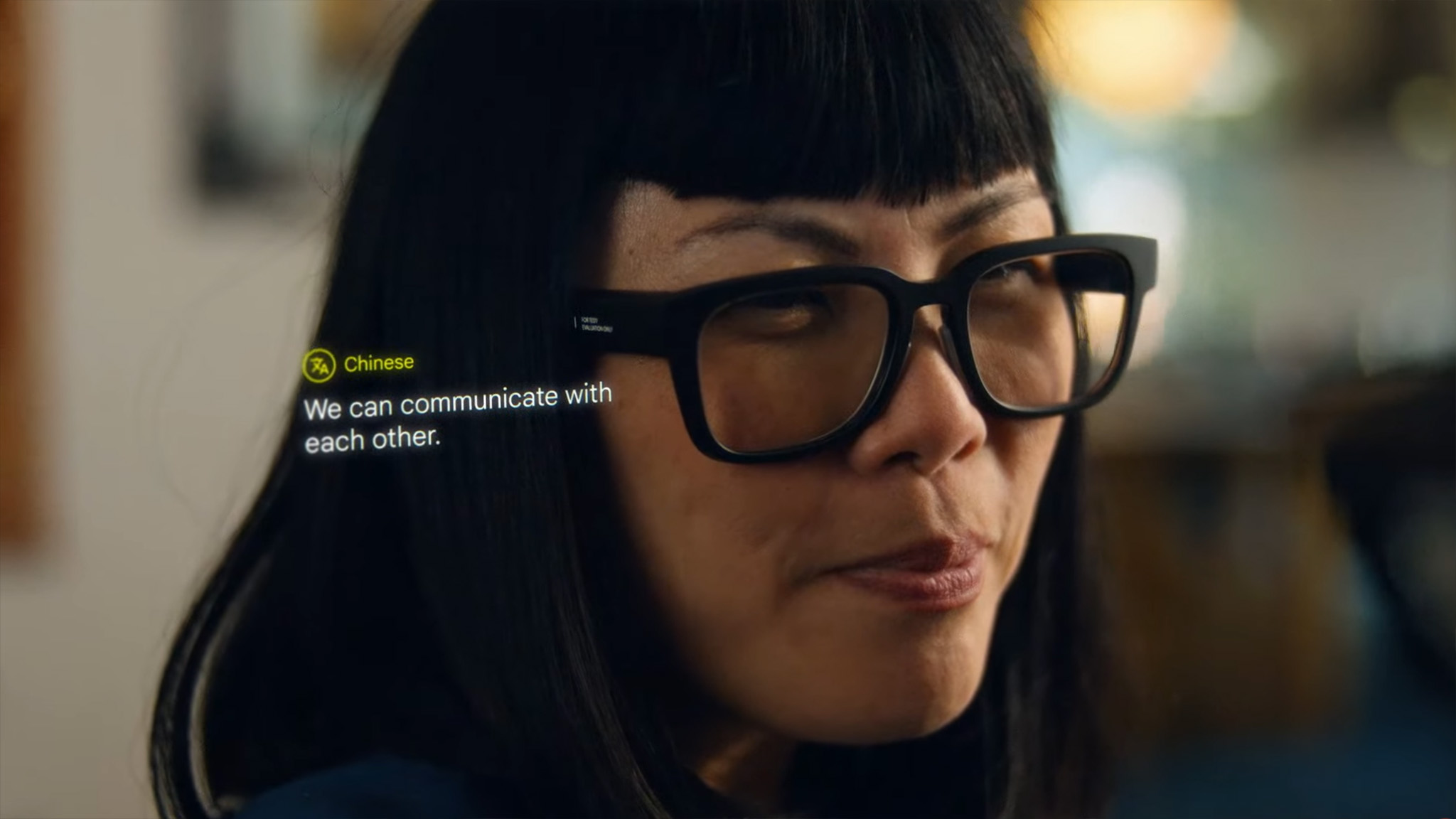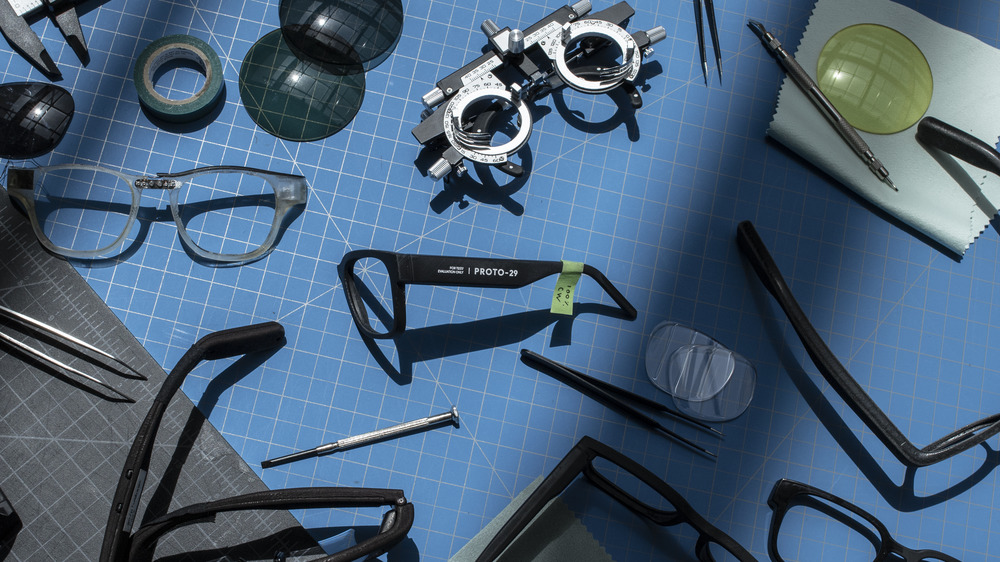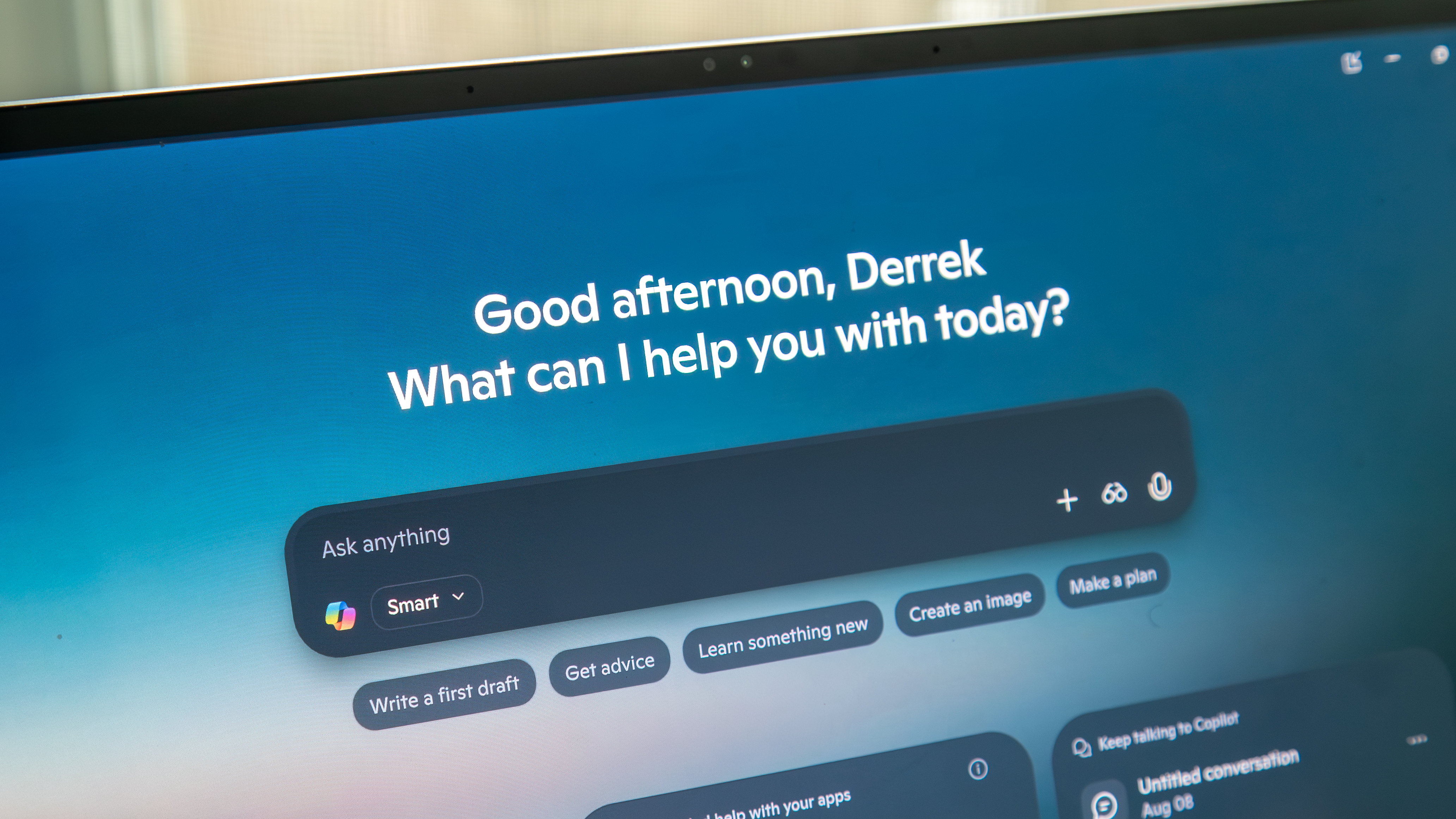Google to test its prototype AR glasses in public, with limitations
Google's AR prototypes can't be used for photography or videography.

Get the latest news from Android Central, your trusted companion in the world of Android
You are now subscribed
Your newsletter sign-up was successful
What you need to know
- Google has announced that it's taking its AR prototypes outside closed testing spaces.
- The company wants to test its AR devices in real-world conditions to work out the variables.
- These devices won't include photography or videography features.
Google is no stranger to AR, bringing plenty of helpful features to its Android phones through Lens and other applications. However, the company hopes to get serious about AR hardware and is bringing its prototypes to the public for testing.
That doesn't mean just anyone in the general public can get their hands on these prototypes, however. But Google hopes public exposure can help it improve its AR hardware in real-life scenarios and ensure durability.
"This will allow us to better understand how these devices can help people in their everyday lives," says Jason Payne, group project manager at Google. "And as we develop experiences like AR navigation, it will help us take factors such as weather and busy intersections into account — which can be difficult, sometimes impossible, to fully recreate indoors."
The search giant showed off an AR prototype at Google I/O 2022, which looked like a modern Google Glass, albeit much less conspicuous. The demo video showed the device translating and transcribing conversations in real-time, no doubt using Google's impressive machine learning capabilities.
Payne notes that while these prototypes will include in-lens displays, microphones, and cameras, they won't include photography or videography capabilities. Privacy can be difficult to navigate when it comes to certain flavors of smart glasses, and Google likely wants to avoid the same scrutiny it received with the original Glass.
Instead, these cameras will be used to view and process surroundings like signs and menus and aid in providing navigation features. Afterward, "the image data is deleted, except if the image data will be used for analysis and debugging." These types of images will be "scrubbed for sensitive content" and deleted after 30 days.

Testing will occur in August and will be limited to a small group of Googlers and "trusted testers," who must undergo strict privacy training and adhere to Google's privacy and safety measures. They can only operate in select areas in the U.S., with limits on how they can engage with the prototypes.
Get the latest news from Android Central, your trusted companion in the world of Android
"Creating safe, trusted, and helpful AR products and services is not just about the user but also those around them. We have also implemented various measures to protect the privacy of bystanders."

Derrek is the managing editor of Android Central, helping to guide the site's editorial content and direction to reach and resonate with readers, old and new, who are just as passionate about tech as we are. He's been obsessed with mobile technology since he was 12, when he discovered the Nokia N90, and his love of flip phones and new form factors continues to this day. As a fitness enthusiast, he has always been curious about the intersection of tech and fitness. When he's not working, he's probably working out.
